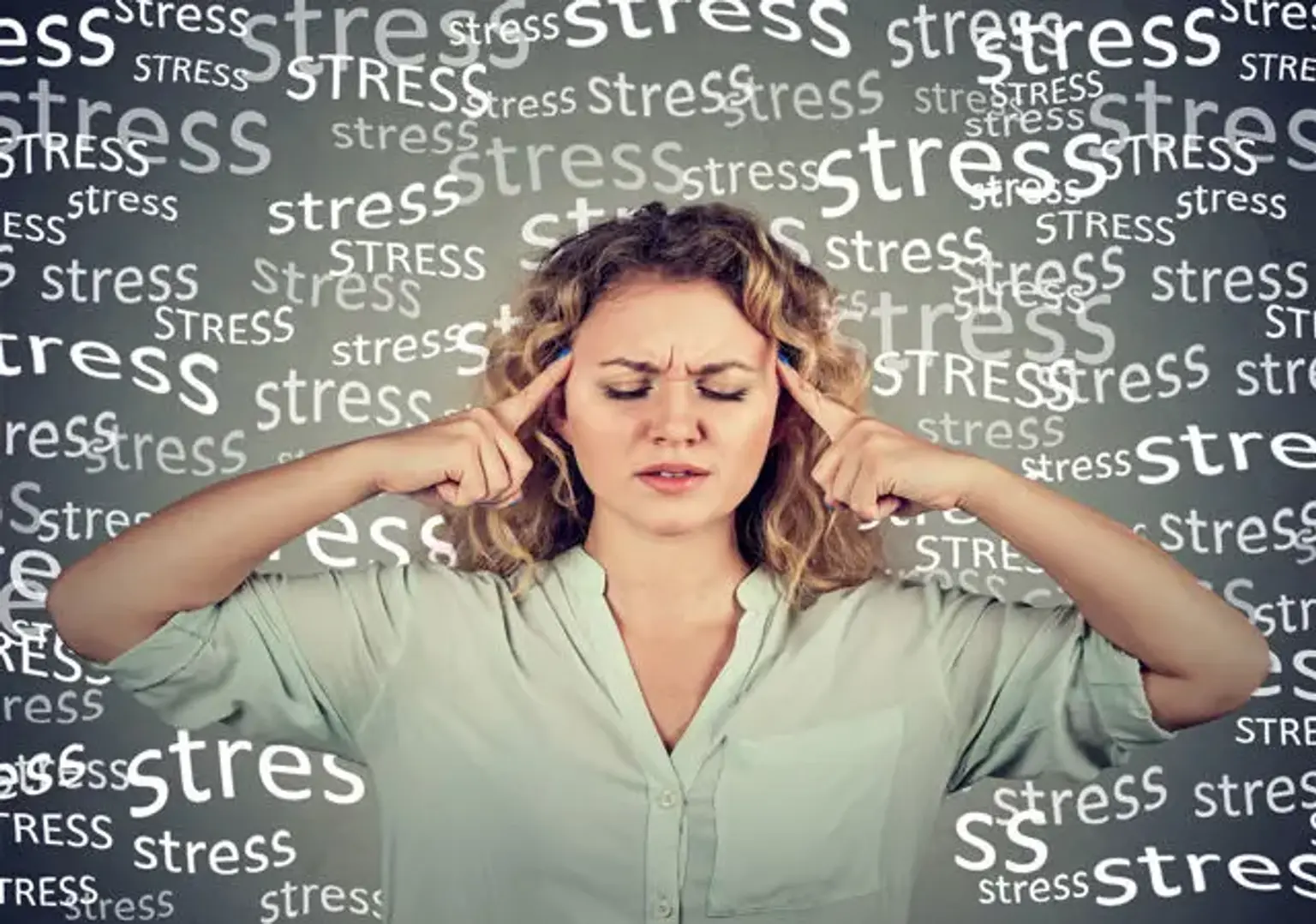Stress
Overview
Stress is defined as any inherent or exogenous stimulus that causes a biological reaction. Stress reactions are the compensating responses to various pressures. Stress may cause a variety of impacts on the body, ranging from changes in homeostasis to life-threatening effects and death, depending on the nature, timing, and degree of the given stimuli.
Stressors have a significant impact on our mood, feeling of well-being, behavior, and health. Acute stress responses in young, healthy people may be adaptive and do not usually have a negative impact on their health. However, if the danger is constant, especially in elderly or sick people, the long-term impacts of stresses can be detrimental to health.
